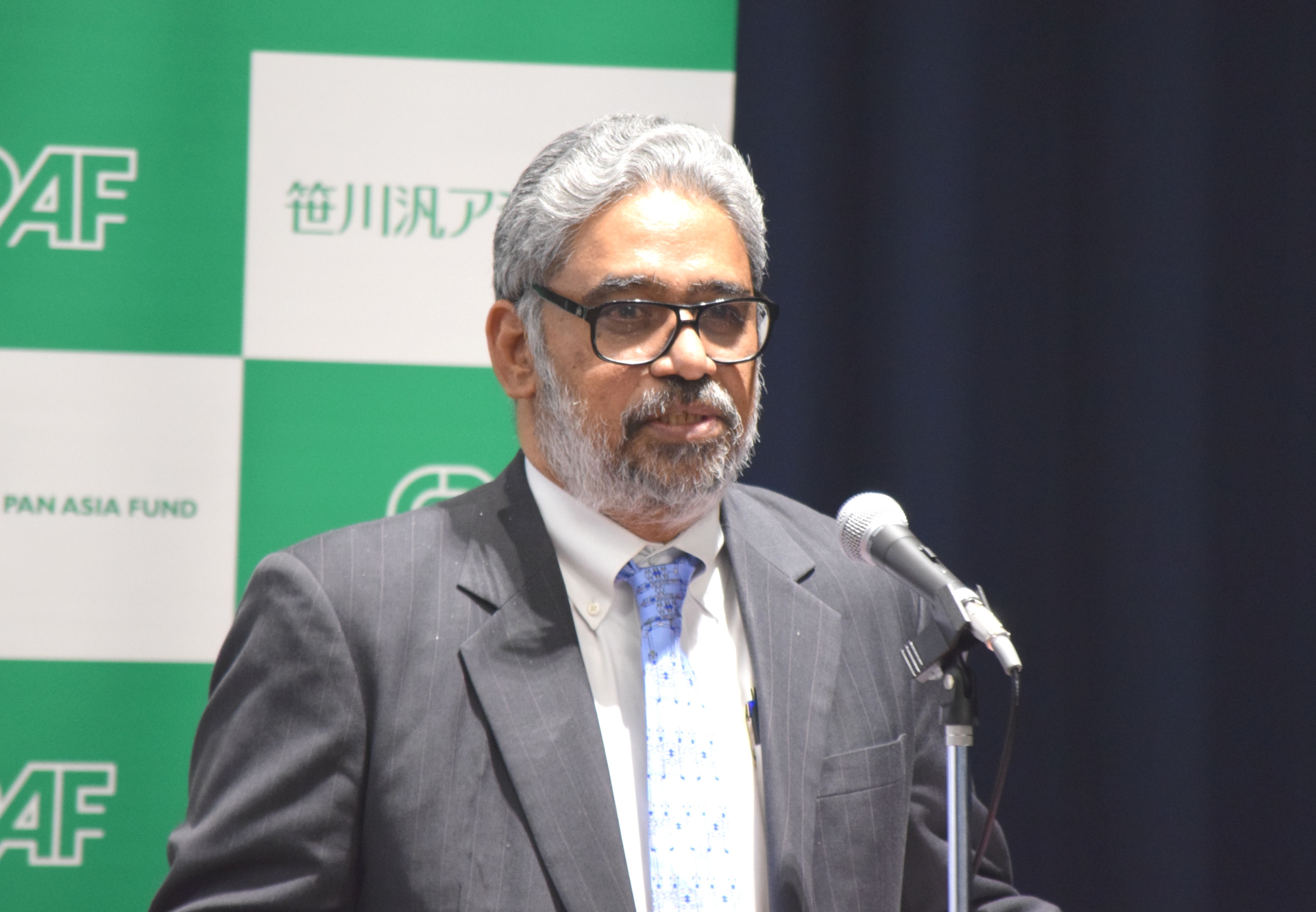Interview summary:
Located between the Middle East and Asia, India has held a strong geographical significance, influencing a number of countries over many years.
The geographical location of India is described as between the Middle East and East Asia, and is also linked to the Central Asia and the Eurasian continent. Historically, India has been the crossroads of the movement of people, religions and ideas all across Asia both on land and sea. When the British Empire was built in India, India became the center of economic activities in the Indian Ocean and the Eurasian landmass. Today, its central geographical location has come back to play a key function. In the coming years, India is going to have a big role to play and a larger responsibility in promoting both peace and prosperity in the Middle East, Southeast Asia, Indian Ocean and the Central Asia.
What is the relationship between India and China?
We had bad relationship with China for two and a half decades since the early 1960s, when the Sino-Indian Border Conflict arose. But in the last 25 years, there have been attempts to normalize relationship, and things have improved. Then, new problems have started to emerge in the India-China relationship. For example, the boundary dispute has become more active all across the Himalayas. The tension on the border has become more difficult to manage. Yet, China today, as the second largest economy in the world, is an important partner for India. Although India wants China to address the issue of its trade deficit in favor of China, we have seen that things have improved overall between India and China, working together through the BRICs and other multilateral forums. But the boundary dispute remains unresolved, and that is, in turn, connected to the Tibet problem. That is the situation today. Despite the progress, there are still some concerns about how the both governments should create trust and resolve the outstanding disputes.
Tell us about your lecture today, titled "Connecting Asia: Prospects for India-Japan Partnership."
I think the idea of 'connectivity' has become a big issue. Whichever way you look at it, there is a historic 'push' toward re-connecting this region with more advanced infrastructures, which I think is a good thing, and will help integrate markets. This is also going to help leveling up badly-needed infrastructures in most countries of Asia. Of course, there is politics with it. Creating trust with the Chinese becomes important. I think the Japanese proposals for 'Partnership for Quality Infrastructure' provide a basis for thinking about connectivity in positive terms that benefit everybody in the region.
